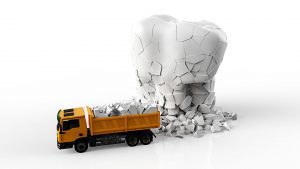COVID-19 is a subject

The inescapable torrent of stories, posts and reports did get me to thinking. What is the impact on us individually, societally in general and to our health specifically? At some level we all have a sense of the chronic stress and anxiety, and the impact that is having.
On the societal level, the continuum runs from compliance to government edicts and recommendations to revolutionary defiance. The UN states ,” The COVID-19 outbreak affects all segments of the population and is particularly detrimental to members of those social groups in the most vulnerable situations, continues to affect populations, including people living in poverty situations, older persons, persons with disabilities, youth, and indigenous peoples.”
Harnett et.al. state that,” The ability to regulate the emotional response to threat is critical to healthy emotional function. However, the response to threat varies considerably from person-to-person. This variability may be partially explained by differences in emotional processes, such as locus of control and affective state, which vary across individual.“ What this means in terms of our current situation is that at some level all of us consider COVID to be a threat. What we perceive the threat to be will vary from individual to individual. How we respond to the perceived threat depends on our emotional state and how we see events – we control them or they control us. This latter is referred to as the locus of control.
Pfefferbaum and North, both physicians, opinion is that, “The Covid-19 pandemic has alarming implications for individual and collective health and emotional and social functioning. In addition to providing medical care, already stretched health care providers have an important role in monitoring psychosocial needs and delivering psychosocial support to their patients, health care providers, and the public — activities that should be integrated into general pandemic health care.” In other words, the stress is getting to us and someone should be monitoring it objectively before the system breaks.
Dentally the chronic stress of these confusing times has resulted in increased bruxism that is, grinding and or clenching. Overloading our teeth has lead to increased fracturing and cracking. Repairing either of these conditions can be quite costly, inconvenient and involved.
We have to manage the stress actively and intentionally. If you are unfamiliar or never thought about it, the following web sites and organizations offer excellent tips – CAMH, CDC, BCCDC.
If you are bruxing from stress and want to take control of your response, contact us to find out about our stress management program.
